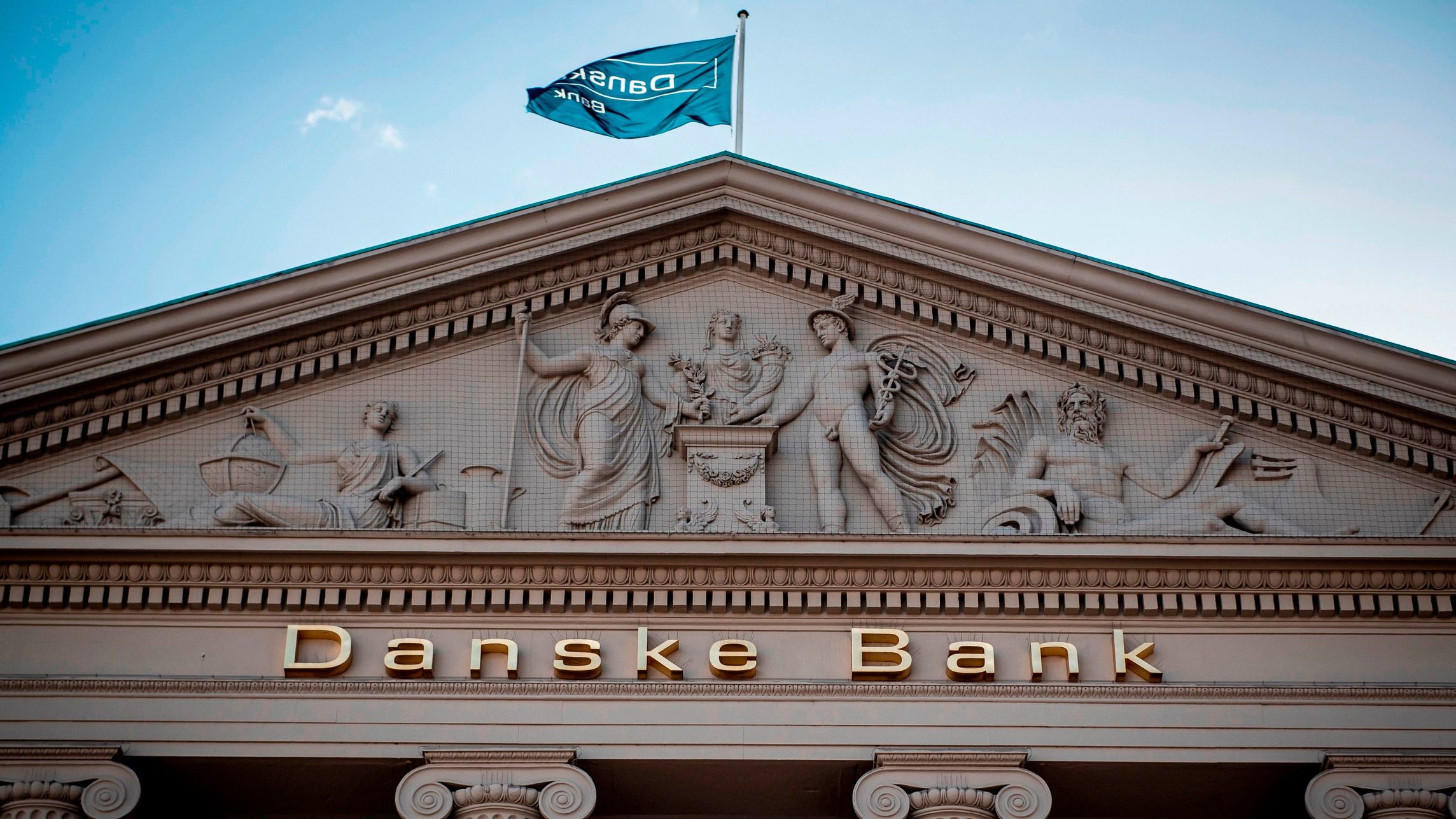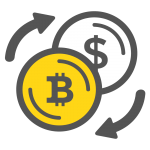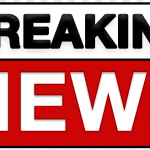من هیچ کارت مجازی دلار آمریکا ندارم.
حالا من در انتهای دنیا هستم. مدتی است که اینجا هستم و با لیست پخش Spotify و آهنگ محبوب Mohbad، “Peace” که در تکرار با حداکثر صدا پخش می شود، سرگرم شده ام. من ماهیانه 900 ₦ برای این کار و با کارت کودا می پردازم. مجازی نیست فیزیکی است. کارت در شیکترین بستهای بود که یک کارت نقدی تا به حال وارد شده است.
تلفن من با چندین نوتیفیکیشن ایمیل بیپ می کند.
Showtime پولش را می خواهد. زوم می گوید اگر زیرنویسم را تمدید نکنم به زودی همه ضبط های ابری من را حذف می کند[tion. iCloud has only started telling me my subscription ended two weeks ago, and I need to renew, or I don’t know what it will do. The New York Times keeps sending something that reads like threatening emails.
I can’t change my location from the US to Nigeria because I need to replace the debit card on my Apple account, and I can’t do that without another virtual USD card. MTN is offering six months of free Apple Music. But I can’t get it because it is not for those using American Apple Music.
My problem with virtual USD cards
In the past few weeks, virtual USD cards have not been stable. Nigerian fintech startups offering virtual USD cards like Chipper Cash and Payday have been blowing up their customers’ phones with a barrage of downtime notifications.
Then Chipper Cash said it would charge customers ₦500 for every failed transaction due to insufficient funds. Will customers get ₦500 for every transaction that fails due to Chipper Cash’s or its partners’ downtime?

Payday said it would deactivate users’ cards after a transaction fails consistently due to insufficient funds. Then it said that withdrawals weren’t possible, not because of the usual downtime, but because it doesn’t offer that option. It means that customers can’t withdraw their USD back to their wallet if they need the money.
Klasha is offering virtual USD cards, and I’m trying to get on it. But after they collected my BVN, address and other data, I would not like to share; they needed a valid ID. But I would need to scan it, not upload the saved copy on my phone, to curb fraud. I’ll be damned if I do that.
All these are supposed to be for the security of some entity, to clamp down on alarming statistics of fraud cases coming from the continent. The businesses of startups offering virtual dollar cards, according to a new Semafor analysis, are in peril because of “transactions initiated by cardholders with insufficient account balances, and dubious requests for refunds after online purchases, a scam known as chargeback fraud.”
How many people have Chipper Cash taken to court for so-called chargeback fraud from its virtual USD cards? How many people have the police arrested because of transactions initiated by cardholders with insufficient account balances?
Are these bogus claims? Or are these not bogus claims?
Read also. Payday cancels Mastercard withdrawals
Let me tell you the story of Danske Bank. Danske Bank is a high-flying commercial bank based in Denmark. Some reporting has described the bank as the largest in the country and a major retail bank in the northern European region. The story of the bank sharply changed after a years-long investigation was launched into its dealings with some of its customers.
This investigation by the American authorities sought to discover whether or not Danske Bank was in on a grand scheme with some foreign actors to funnel money illegally through their branch in Estonia to gain unlawful access to the US financial system.
Of course, Danske Bank didn’t say whether or not it was in cahoots with these actors. But it forfeited $2 billion last year as part of its plea agreement with the Americans. This is one of the leading commercial banks in the whole of the northern European region.
The Danske Bank Mastercard Corporate Classic card has a credit limit of €2 million.

The point is the banking system is deeply flawed. Denying Africans access to international transactions in a manner that is respectful and their dignity still intact will not eliminate fraud “and preserve crucial access to the world’s largest card networks,” which you guessed right, Danske Bank still has access to.
But these are familiar tropes, holding black people to a different standard than the rest of the world. Insisting that these kinds of partnerships are not disrespectful but necessary if fraud is to be eliminated. Or are they not? Per JP Morgan, the American multinational financial services institution, using virtual USD cards can help fight fraud.
Let that country that has been able to eliminate the human instinct to want to dubiously call the bank and tell them that they had been debited when they had not been debited be brought forward so the rest of the world can learn from it.
There are real concerns about the chargeback fraud. What is alarming to me is how people are getting refunded for transactions that didn’t even go through.
It comes to a head after Union54, which offered virtual USD cards to startups, “found it difficult to track all the startups that used its software to issue cards to users, such that when those entities suddenly shut down operations, it could not follow up with them to collect fees for declined transactions,” per Semafor.
Multiple customers have said they have received funds from some of these startups that they didn’t know where they came from. Sometimes they were withdrawn back. Other times who knows?
At the end of the day, a mobile wallet is a bank and should be operated and treated as such. Keen observers of the African startup world are already paying attention to some of these activities happening in the name of eliminating fraud perpetuated through virtual USD cards.

For me, it’s time to clear my cloud, find a free news source and try out Showmax. I hear it has many HBO shows. Till then, I will remain at the end of the world, with my Spotify and Mohbad blaring into my ears with his song “Peace.” What will you do?


